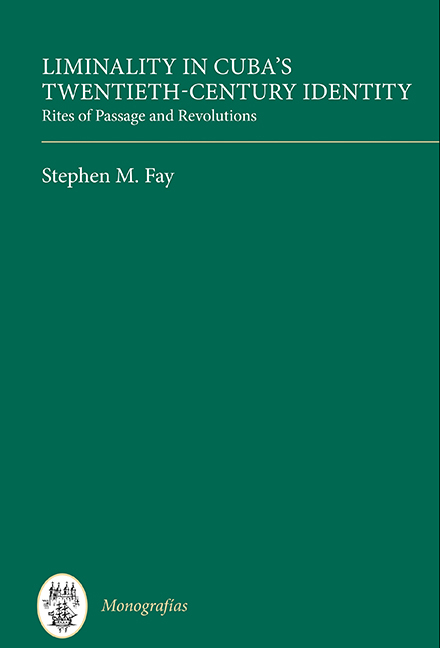Book contents
Chapter 6 - 1959–60: The turning of all tides
from PART II - 1953–1965
Published online by Cambridge University Press: 14 September 2019
Summary
Although the transcendentalism that infuses the historiography of January 1959 is to some extent a subsequent and retrospective projection, even immediate observations of the events of that New Year and their inchoate effects on Cuban sensibilidad transmit a potent sense of epiphany, with Emma Pérez claiming as early as 11 January in Bohemia, for example, that ‘como en la recomendación de San Pablo, “han llegado los tiempos” ’ (Pérez 1959: 14–15). As in 1927, and particularly as in 1953, some expressions of this epiphany portrayed it not as a genesis ad nihil, but as the long-awaited vindication of the legacy of Cuba's founding fathers, with the warrior-poet Martí at their head. As Fidel Castro marched jubilantly across the island in early January 1959, leaving behind the mountain redoubt where catastrophic defeat had seemed a near certainty only two years before, he increasingly acquired political but also mythological momentum. During the week-long procession from Santiago de Cuba to Havana (known as the caravana de la libertad), Castro seemed to enter the final phase of a miraculous metamorphosis from brave but pathetic figure of failure to all-conquering and super-human hero, the embodiment of the hopes of most of the nation: ‘In the euphoria of victory, the new Revolution was seen as the culmination of the betrayed and frustrated martiano project, the fulfilment of his hopes and the justification of his death’ (Kapcia 2000: 176). This sense of culmination is at the core of this chapter. From the leader of a few hundred urban activists, Castro had become the commander-in-chief of a three-thousand-strong army reminiscent of the ragged ranks of indomitable mambises of almost a hundred years before. From being an electoral hopeful in the mêlée of early 1952, he had put himself beyond mundane politics to reconnect in strategy and spiritual purity with the original padres de la Patria. As he had predicted in 1953, every aspect of the triunfo of the Revolution seemed to fulfil an all but forgotten prophecy from the fight for independence: the rebeldes’ abnegation and self-sacrifice, their hit-and-run tactics against a numerically superior force, the physical and spiritual succour they drew from the rural hinterland, the audacious late 1958 march across the island following the legendary footsteps of Antonio Maceo, the Bronze Titan of his time.
- Type
- Chapter
- Information
- Liminality in Cuba's Twentieth-Century IdentityRites of Passage and Revolutions, pp. 145 - 180Publisher: Boydell & BrewerPrint publication year: 2019



